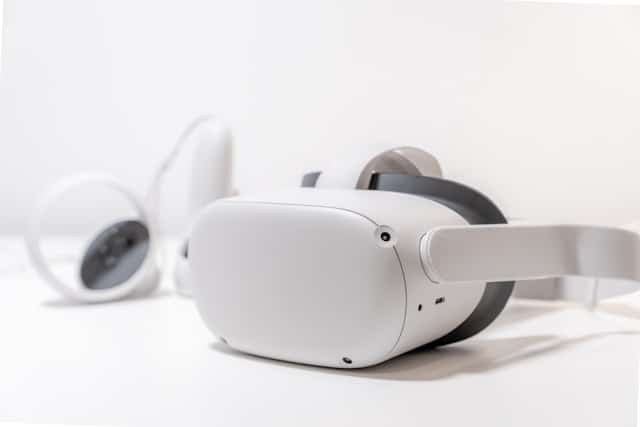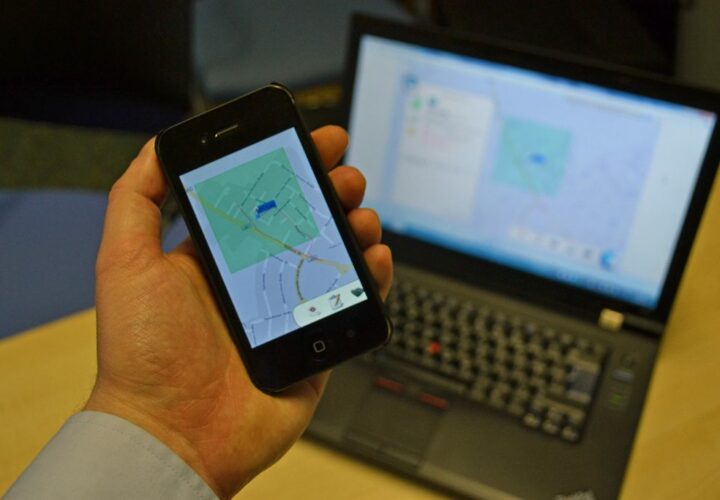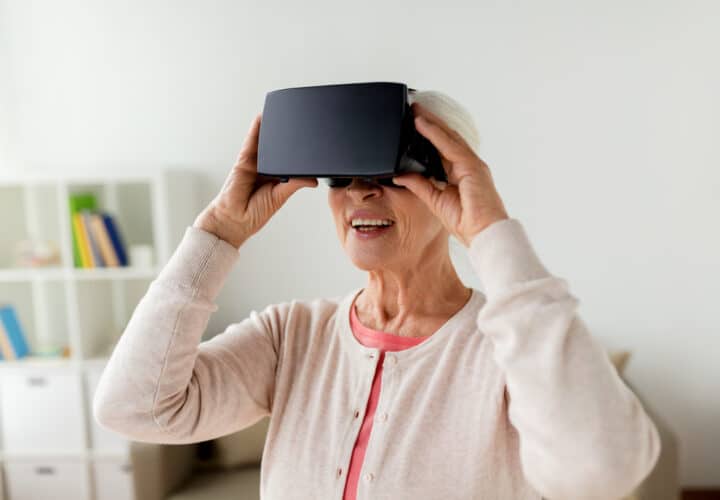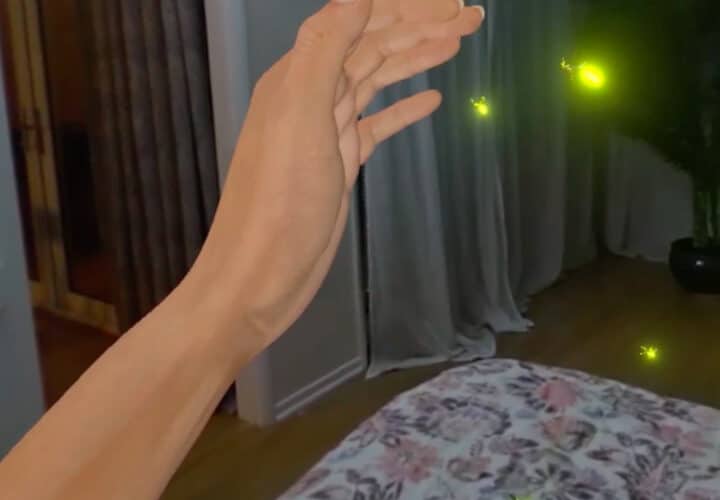As the need for trained dementia caregivers increases, virtual reality could be the unexpected caregiving tool that reduces the strain.
VR has been a fixture in entertainment technology for years now, allowing people to experience almost life-like simulations through portable and easy-to-use headsets. Now, researchers are expanding VR use to serve as an educational tool for dementia caregivers.
Innovative new approaches to care are much needed: Dementia cases are on the rise. While more than 7 million Americans are living with dementia, that number is expected to double by 2060. The strain on caregivers will increase alongside this, and experts say caregiving training delivered through VR could help expand support to caregivers and make training both more accessible and more effective.
At Santa Clara University in California, researchers developed a 360-degree VR training experience for dementia caregivers. The project falls within SCU’s Healthcare Innovation and Design Program and involves students from a variety of majors and fields of study across the university. Researchers at Embodied Labs, among other organizations, have been working to reimagine caregiver training through VR as well.
Simulating real scenarios where a person living with Alzheimer’s experiences confusion or aggression, caregivers using VR must make choices during the simulation and discover which course of action is best.
“Going through simulations in a first-person perspective that has a sense of realism actually accelerates the learning process,” Julia Scott, Director of Brain & Memory Care Lab at SCU, told Being Patient. Scott says the ability to train family caregivers is just as important as training full-time dementia caregivers in order to keep up with the skyrocketing number of new dementia cases.
At Hearts & Minds Activity Center in San Jose, the staff tried out the VR devices and offered feedback. Maria Nicolacoudis, CEO of Hearts & Minds Activity Center, had not tried out VR for caregiver training previously but sees the benefits.
“Before I did it I was a bit skeptical, but it was so real that it felt like I was really with those individuals,” said Nicolacoudis. “I do like the ability that somebody could do it over and over again till they begin to find their competence.”
VR is being used for people living with dementia as well. Kunle Adewale, an internationally renowned artist and World Bank Social Inclusion Hero in Nigeria, explored VR use for patients at a neuropsychiatric hospital in Lagos.
“What we are simply doing is helping these people or this population to find the missing sparks in their life that dementia is trying to take away,” Adewale told Being Patient.
Research supporting the benefits of VR use in people living with dementia is an evolving and new space. Results of a pilot study at Warsaw’s BRAINCITY Center of Excellence for Neural Plasticity and Brain Disorders examining the impact of VR on dementia symptoms found that study participants saw improvement in their mental wellbeing and stabilization of their cognitive function.
Through VR, Adewale has helped patients explore new ways to engage with music, movement activities, sports and travel in an accessible format, and the benefits he sees are striking. Adewale has seen patients that are typically withdrawn become engaged and more expressive through the stimulating VR experience. One man, a former DJ, was almost brought to tears watching Ray Charles perform.
Of VR use in the hospital, Adewale added: “There was a change in the mood, there was a change in the connection, there was a change in expression.”




